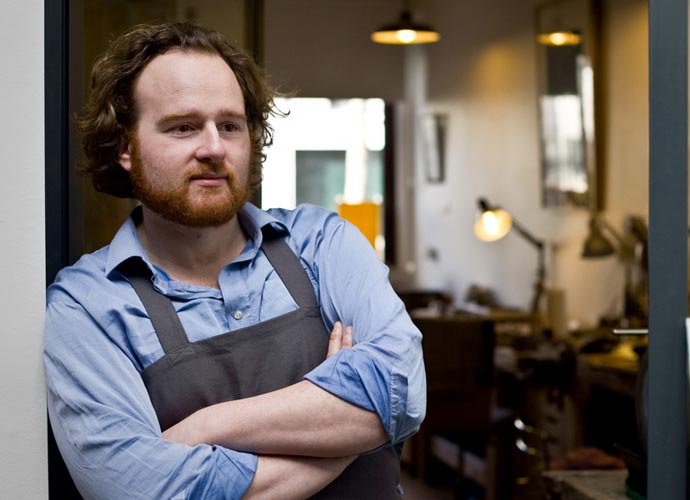
Biography
Charles Coquet was born in Paris in 1976. After obtaining a scientific baccalaureate and 15 years spent studying the violin, he joined the school of violin making in Newark on Trent in England, and graduated with the mention "Higher Merit” in 2000. Very early on, instrument making seemed to him to be what should guide his steps.
Between 2000 and 2007, he successively worked for Yann Porret, Marc Rosenstiel and Bernard Sabatier. He opened his own workshop, entirely dedicated to the manufacture of violins, violas, cellos in 2008.
The quality of its instruments, both sound and aesthetic, has been rewarded in renowned lutherie competitions.
2003, bronze medal at Cremona Triennale violin making competition for a viola
2012, silver medal at Cremona Triennale violin making competition for a viola
2009 – 2011 – 2013, finalist at Journées de l’Alto (Viola’s), Paris
2015, gold medal at Cremona Triennale violin making competition for a viola
2018, silver medal at Mittenwald International Violin Making Competition for a violin
